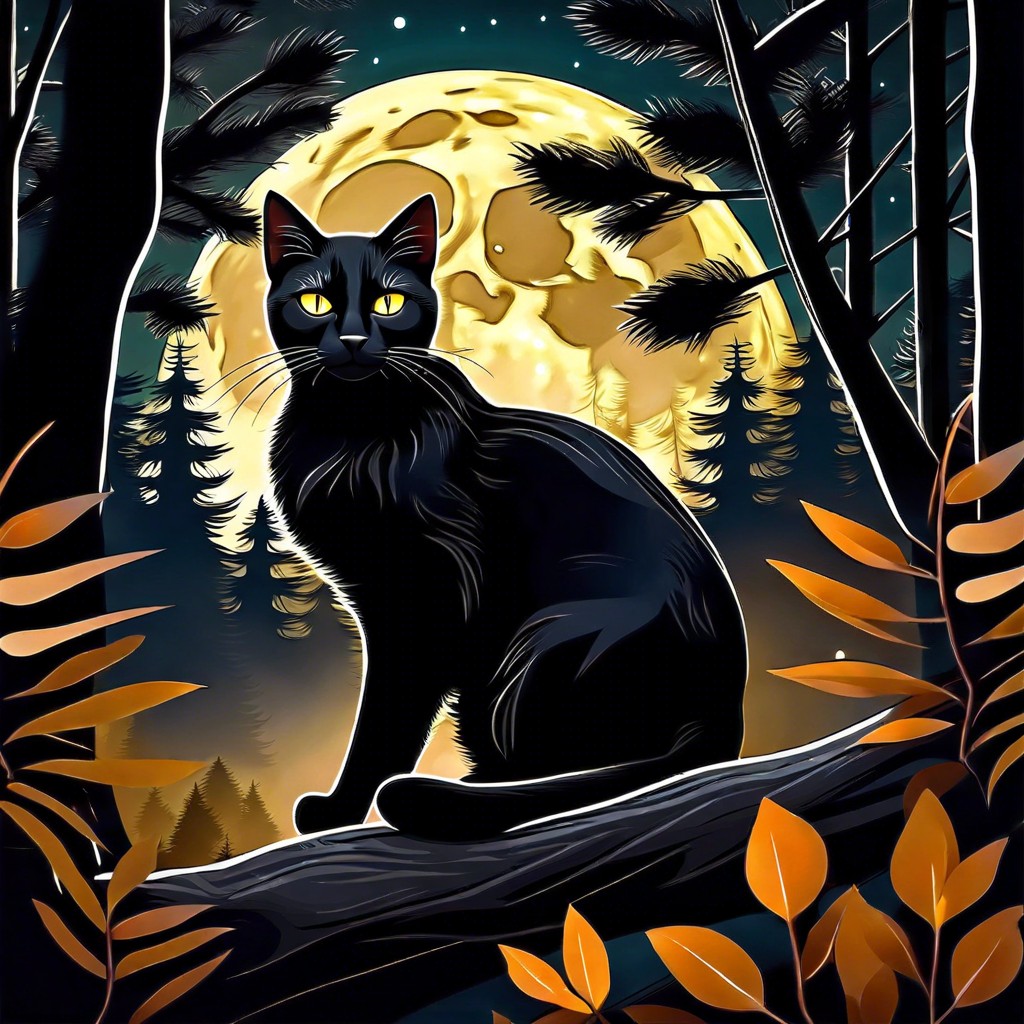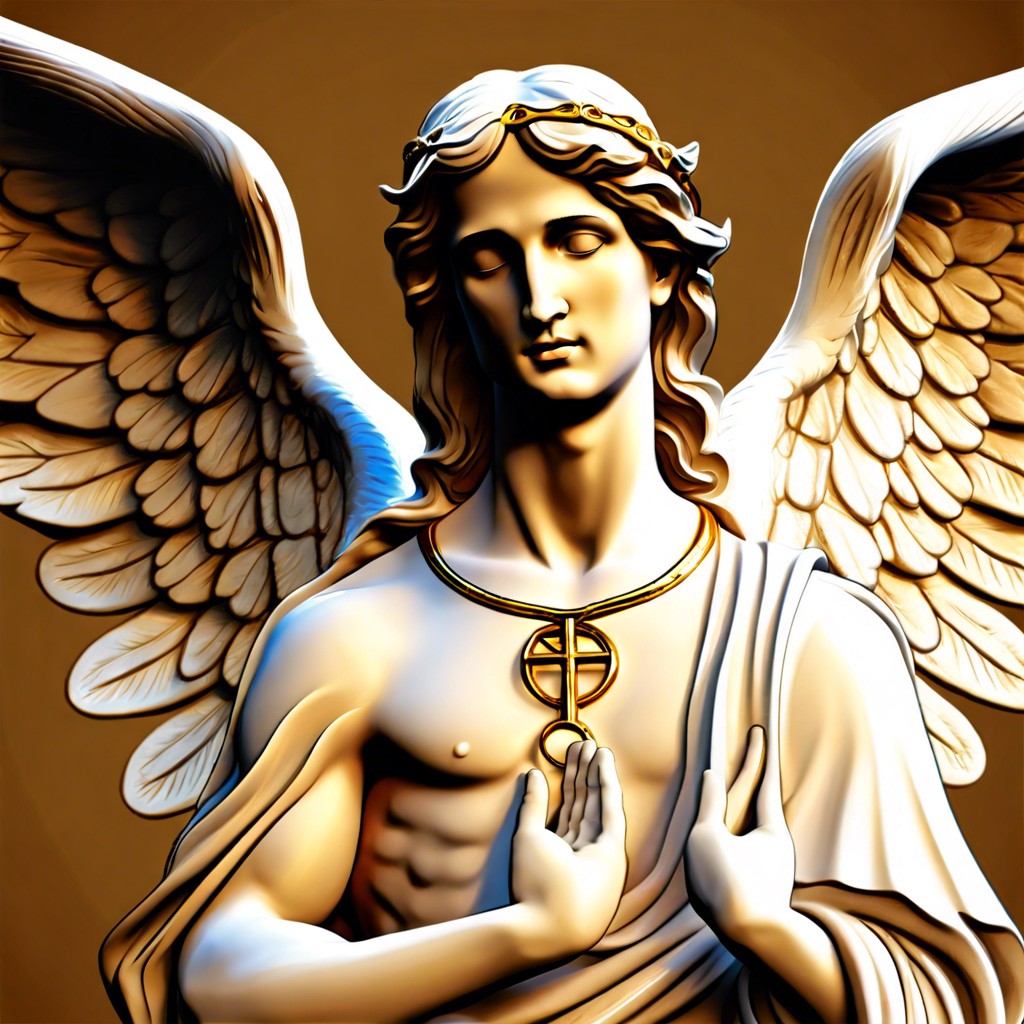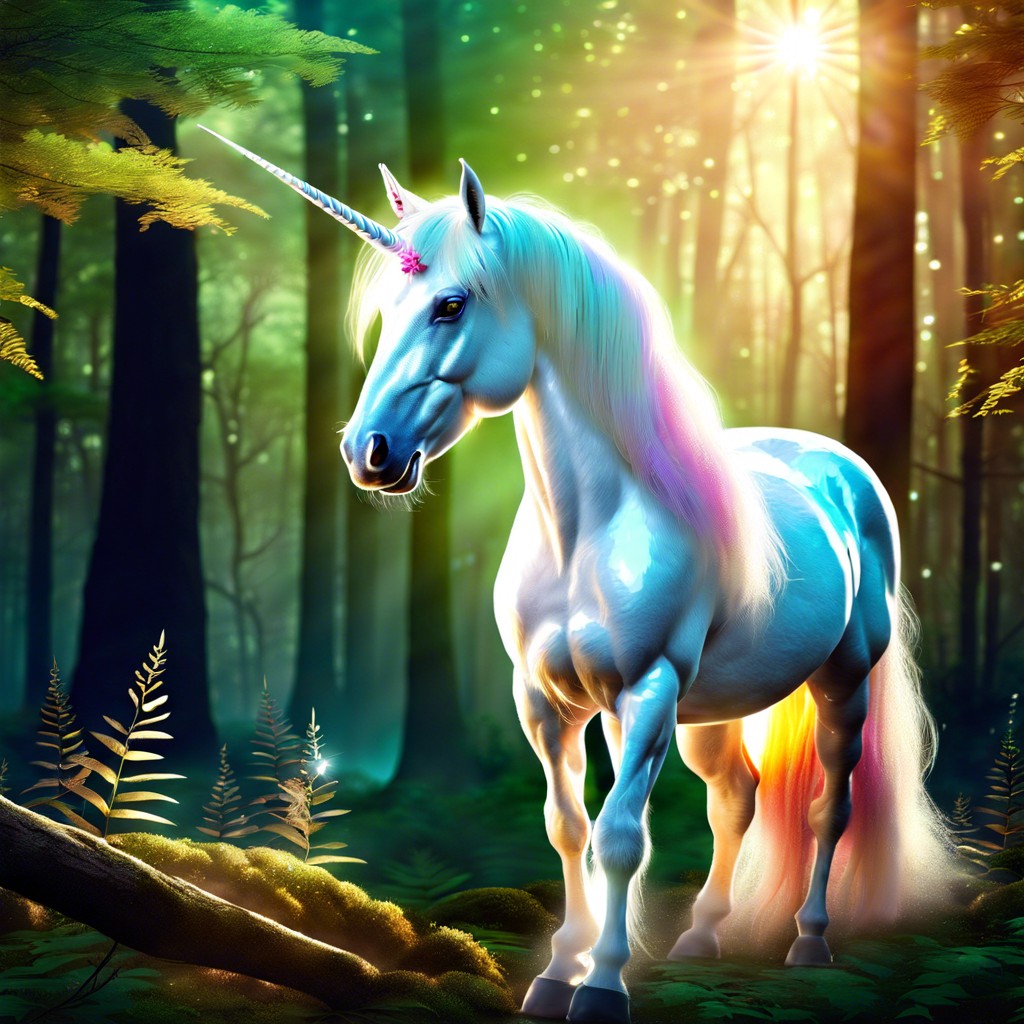In this article, learn the spiritual significance and symbolism behind the black cat.
Black cats have long danced through the shadows of human history, cloaked in mystery and surrounded by superstition. This article delves into their intricate tapestry—from ancient folklore to modern cultural symbolism, spiritual interpretations, common myths, and their often-overlooked role as positive omens. Discover why these enigmatic creatures have captivated our imagination and continue to hold a unique place in our collective psyche.
Key takeaways:
- Black cats: mysterious, symbolic creatures in folklore.
- Historical folklore: dual views of black cats in different cultures.
- Cultural symbolism: unique interpretations of black cats worldwide.
- Spiritual significance: guardians of mysteries, transformation, intuition.
- Common myths: dispelling misconceptions of black cats’ nature.
Historical Folklore and Superstitions

Throughout history, black cats have been entangled in folklore and superstition. In medieval Europe, they were often linked to witchcraft. It was believed that witches could transform into black cats to carry out their mischief unseen. Consequently, black cats were shrouded in fear and mistrust.
Contrastingly, in ancient Egypt, black cats were revered. They were seen as symbols of Bastet, the goddess of home, fertility, and protection. Owning a black cat was thought to bring good fortune and prosperity.
In Japan, black cats are considered lucky, especially for single women seeking love. It’s said that a black cat will attract potential suitors. Similarly, in the British Isles, a black cat crossing your path is believed to bring good luck, quite the opposite of the common Western superstition.
Such historical folklore and superstitions showcase the duality and complexity of black cat symbolism across different cultures and time periods.
Cultural Variations in Symbolism
In different parts of the world, black cats carry unique meanings and symbolism.
In ancient Egypt, they were revered and even worshiped. Killing a black cat was punishable by death. Egyptians believed they brought protection and good fortune.
Contrastingly, in medieval Europe, black cats were often associated with witches and evil spirits. People thought they were witches’ familiars.
In Japan, black cats are seen as bringers of good luck, especially to single women. They are believed to attract potential suitors.
British and Irish traditions see black cats as a symbol of prosperity and health. Having one cross your path is considered good luck.
From guardians of households to omens of misfortune, black cats embody a rich tapestry of cultural beliefs.
Spiritual Significance and Interpretations
In many spiritual traditions, black cats symbolize deep mystery and the hidden realms of the unconscious. They are often seen as guardians of esoteric knowledge.
Some believe that encountering a black cat indicates a need for introspection. It may be time to reflect on your inner desires and fears. These intriguing creatures are also associated with transformation. They remind us that change, even when frightening, can lead to profound personal growth.
Many spiritualists view black cats as connections to the spiritual world. Their presence might suggest that you have unseen protection or that someone from the beyond is watching over you.
Lastly, black cats are sometimes linked to intuition. They encourage you to trust your gut feelings and listen to your inner voice.
Common Myths and Misconceptions
One prevalent misconception is that black cats are harbingers of bad luck. This belief likely stems from medieval Europe where black cats were often associated with witches and the supernatural. In reality, this is just a myth and has no basis in truth.
Another common myth is that black cats are inherently evil or have malevolent intentions. This notion can be traced back to folklore, but there is no evidence to support such claims. Black cats are as loving and affectionate as any other cat.
Interestingly, some people believe that black cats are less likely to be adopted from shelters due to their color. While there have been concerns around this, many people cherish black cats for their unique beauty and charm.
It’s also often said that seeing a black cat cross your path brings misfortune. This superstition varies by culture; for instance, in some countries, a black cat crossing your path is considered good luck.
These myths have unfairly stigmatized black cats, but understanding their true nature helps to dispel these unfounded fears.
Positive Omens and Protective Traits
Contrary to some beliefs, black cats can symbolize positive omens and protective traits. In many cultures, they are seen as guardians against evil spirits and negative energy. Their sleek, mysterious presence is often believed to shield homes from misfortune.
In Scottish folklore, a black cat arriving at a home signifies prosperity. Similarly, the Japanese see black cats as emblems of good luck, especially for single women seeking love.
Many sailors historically considered black cats to be lucky companions on voyages, ensuring safe and prosperous journeys. These felines’ ability to blend into the night was thought to provide an extra layer of protection.
Their association with witches has also given black cats a magical aura. Rather than being malevolent, they are often seen as wise and mystical, embodying intuition and spiritual insight.
In essence, black cats often represent a powerful, protective force, bringing good fortune and warding off negativity.





